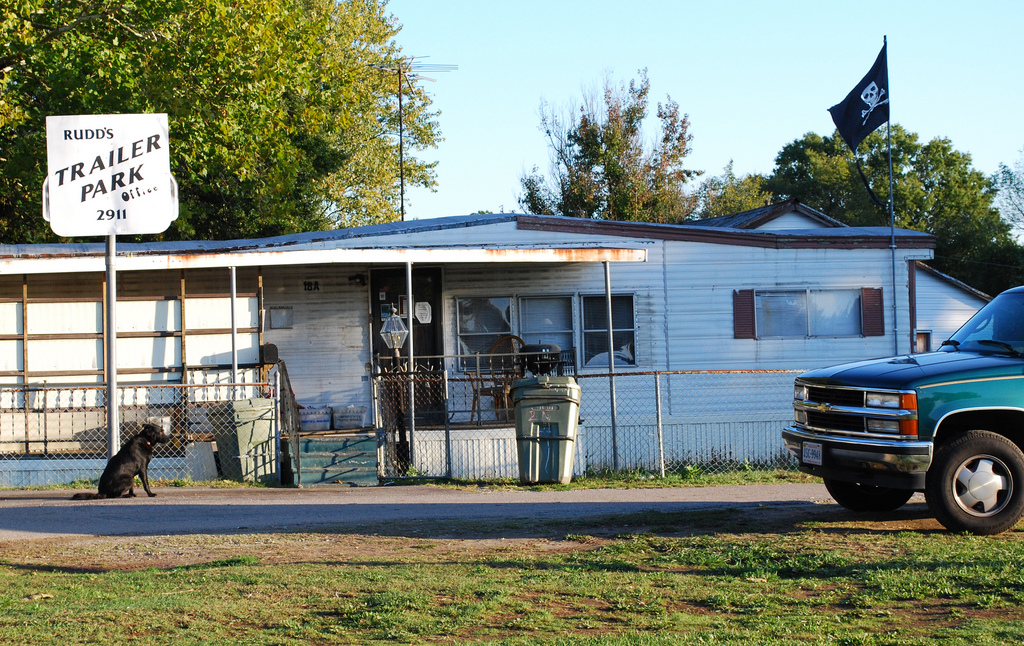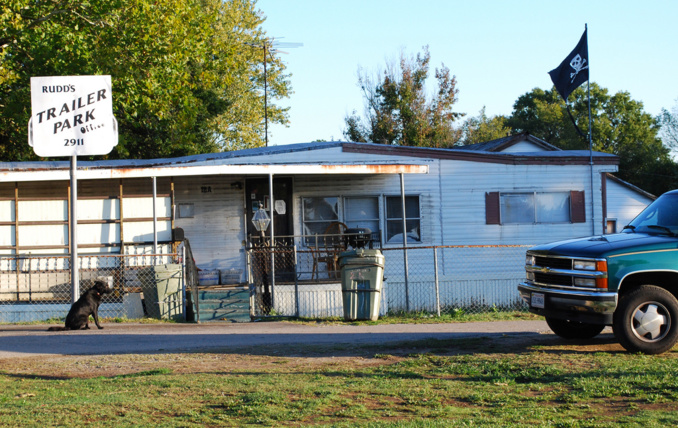Demographic changes imply different lifestyle. What was once an undesirable phenomenon is now turning into new energy-efficient houses, with playgrounds, lawns and pools. Many of them are located near ponds, lakes or the ocean. This new way of life is becoming attractive for baby boomers who are retired and who want to get capital from a family home, but at the same time retain their autonomously existing home. This is also important for the generation of millennials.
The Manufactured Housing Institute says that the median cost of a mobile home (excluding land plots) is more than 70 thousand dollars. This equals the median income for two years in the States. Compare this with more than 280 thousand dollars for one ordinary house (excluding land), which is equal to the median income for eight years. There is a resembling gap in the rental sector.
Three public companies dominate this market: Equity Lifestyle Properties, UMH Properties and Sun Communities. ELS and SUI, which are more focused on modernized trailer parks in countries with a high population, have far surpassed other investments of similar kind. At that, UMH is aiming at quality housing with the least cost in areas rich in shale deposits.
Despite the fact that all of them are on the S&P500 list, comparing the shares of these companies will not reveal the entire story. All the companies enjoiy good dividend income.
A key part of attracting investors is the low cost necessary to maintain a high-level real estate in the communities of owners of mobile homes. The three leaders have the highest growth in operating income in the real estate sector.
The firms have grown thanks to active acquisition of communities with mobile homes. This rise is slowing down as owners gain increasingly more opportunities as autonomous operators. Growth for public companies consists of diversification, a combination of rent increases and the development of existing homes.
Green Street Advisors's analyst Ryan Lumb says that mobile housing communities are "commercial real estate's anomaly." He refers to scanty supply, because it is difficult for new communities to develop against the background of various requirements and the need for obtaining permits, while cheap housing is growing in popularity.
Nevertheless, Lumb believes that it is possible to carry out many experiments. ELS is experimenting with tiny houses, Freddie Mac and Fannie Mae are implementing pilot programs to provide loans for the construction of mobile homes.
There is a recognition that the decreasing middle class, the desire to have fewer things and more life experience create the interest for a new way of life for many citizens of the United States.
source: qz.com
The Manufactured Housing Institute says that the median cost of a mobile home (excluding land plots) is more than 70 thousand dollars. This equals the median income for two years in the States. Compare this with more than 280 thousand dollars for one ordinary house (excluding land), which is equal to the median income for eight years. There is a resembling gap in the rental sector.
Three public companies dominate this market: Equity Lifestyle Properties, UMH Properties and Sun Communities. ELS and SUI, which are more focused on modernized trailer parks in countries with a high population, have far surpassed other investments of similar kind. At that, UMH is aiming at quality housing with the least cost in areas rich in shale deposits.
Despite the fact that all of them are on the S&P500 list, comparing the shares of these companies will not reveal the entire story. All the companies enjoiy good dividend income.
A key part of attracting investors is the low cost necessary to maintain a high-level real estate in the communities of owners of mobile homes. The three leaders have the highest growth in operating income in the real estate sector.
The firms have grown thanks to active acquisition of communities with mobile homes. This rise is slowing down as owners gain increasingly more opportunities as autonomous operators. Growth for public companies consists of diversification, a combination of rent increases and the development of existing homes.
Green Street Advisors's analyst Ryan Lumb says that mobile housing communities are "commercial real estate's anomaly." He refers to scanty supply, because it is difficult for new communities to develop against the background of various requirements and the need for obtaining permits, while cheap housing is growing in popularity.
Nevertheless, Lumb believes that it is possible to carry out many experiments. ELS is experimenting with tiny houses, Freddie Mac and Fannie Mae are implementing pilot programs to provide loans for the construction of mobile homes.
There is a recognition that the decreasing middle class, the desire to have fewer things and more life experience create the interest for a new way of life for many citizens of the United States.
source: qz.com



















